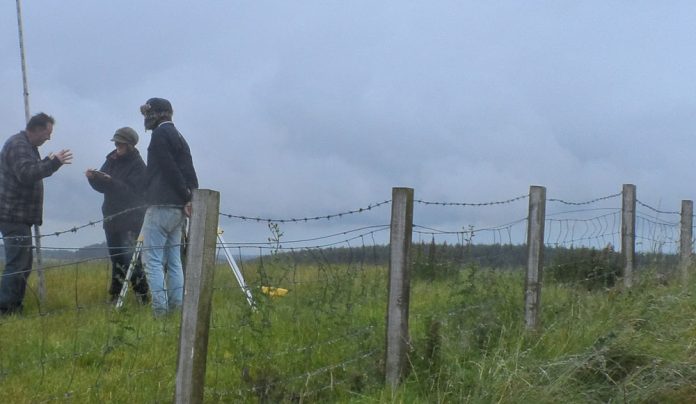As with other professions, this requires a highly skilled workforce of individuals who are trained in theory and competent in practice. The way our workforce has acquired knowledge and skills in the past hasn’t consistently produced the numbers and quality of professionals that we need to service today’s demanding market, a market driven by society’s demands for our expertise. The decision by the Privy Council to Charter the Institute in 2014 was made on the basis that professional archaeologists have robust and fair processes for acquiring and demonstrating competence and that they show a commitment to developing and maintaining skills.
Sector wide improvement
CIfA wants to bring about a sector wide improvement in the training archaeologists and heritage specialists receive in professional practice: that is in technical skills and competencies as well as in professional, management and communication skills. These skills are to be distinguished clearly from university or other theoretical training which can help people to think like archaeologists and to make theoretically and ethically defensible decisions. All these skills are vital to the profession.
The building blocks for managing this progression do exist. The National Occupational Standards in Archaeological Practice (NOS) break down the knowledge and skills needed to perform virtually every aspect of work undertaken in the sector. When you choose to train in a particular skill or set of skills, all you need to do is identify the appropriate Standard and its requirements and ensure that after training the Standard has been met. The National Vocational Qualification in Archaeological Practice (NVQ) provides a route map to meeting the NOS, guiding candidates to bespoke sets of new skills or competencies at junior level. NVQs are seen as a route to professional status by CIfA, who offer fast track membership at Practitioner level to those with a full NVQ in Archaeological Practice at level 3.
Structured training
Structured training has been available within the sector through schemes initiated by organisations such as English Heritage and the Heritage Lottery Fund for nearly 10 years (English Heritage Professional Programmes in conservation (EPPIC), Historic Environment Traineeships (HET) and HLF Workplace Learning Bursaries and Skills for the Future programmes. The model for providing planned and structured learning and progression exists, but has yet to be taken up by the sector more widely.
In the future, the aspirations of the sector range from a better remunerated and better respected profession to fully professional, perhaps with Chartered status for individual practitioners. The need for a structured way to achieve and accredit professional skills and competency will be fundamental to reaching these goals.
more information
Read the full article here: http://www.archaeologists.net/trainingtoolkit
CIfA has produced a Professional Practice Paper entitled An introduction to providing career entry training in your organisation in to guide employers and employees in the sector to provide structured training within their organisations.
Organisations that have structured training according to the CIfA model include national organisations, commercial companies of all sizes, local authorities, independent charities and one-man-bands. For a full list of participating organisations click here


